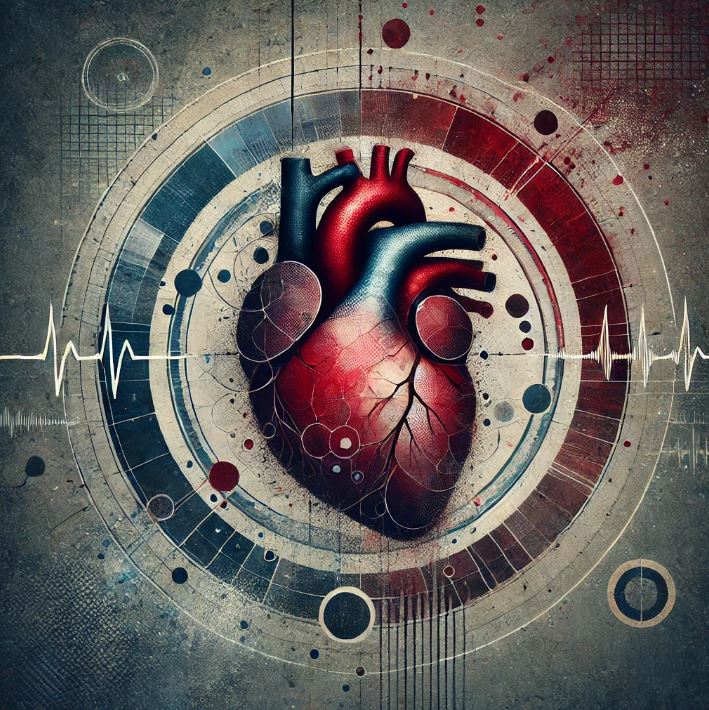Classification of Prostatitis
There are four primary types of prostatitis. Chronic bacterial prostatitis, or chronic pelvic pain syndrome, is the most common, making up approximately 90% of cases[^1^]. Treatment is generally effective with a regimen of antibiotics, although recurrent episodes can occur.
Distinguishing Factors Between Prostatitis and Prostate Cancer
Age Demographics
One of the key differences is in the age groups commonly affected. Prostate cancer is more prevalent in middle-aged and older men, whereas prostatitis can affect men as young as their late 20s[^2^].
Indicators of Prostate Cancer
Early detection of prostate cancer is often challenging due to the absence or ambiguity of symptoms. However, there are five primary indicators:
2. Blood in the urine or bloody semen
5. Lower back pain[^3^]
Clinical Manifestations of Prostatitis
There are several symptoms of chronic bacterial prostatitis, including:
1. Hematuria or hemospermia
2. Dysuria
3. Discomfort during urination, ejaculation, or in the lower back or perineal region
Correlation Between Prostatitis and Male Infertility
No definitive empirical data exists that could establish a direct correlation between prostatitis and male infertility [^4^]. However, more research is needed to explore any possible links.
Prostatitis and Sexually Transmitted Infections (STIs)
While prostatitis occasionally results from an STI, most cases are not associated with STIs [^5^].
Diagnostic Methods for Chronic Bacterial Prostatitis
Lack of Definitive Tests
Diagnosis often relies on patient symptoms and tests like urine flow rate and analysis. Prostate examinations are occasionally conducted but are not always necessary [^6^].
Duration for Test Results
Initial test results, especially urine tests, are generally available promptly, often within the same session.
Treatment Options for Prostatitis
Antibiotic course
The most common treatment involves four to six weeks of antibiotics to eradicate bacterial infection within the prostate gland [^7^].
Other medications used for prostatitis
Medications with anti-inflammatory agents combined with tablets that relax the prostate (Tamsulosin) or reduce its size (Finasteride)
Alternative Therapies
Shock wave therapy has shown promise in some cases [^8^].
Warm baths with bath salts
Duration of Treatment
Most patients see improvement within two weeks, but treatment can extend up to six months.
Does prostatitis come back? Recurrence and Risks
While treatment with antibiotics generally prevents recurrence, there are instances where relapse occurs. Furthermore, while some studies have explored a potential link between chronic prostatitis and prostate cancer, no definitive evidence has been found to establish a correlation [^9^].
Consultant Urologist Reflection on prostatitis
Prostatitis is a condition that warrants attention but should not be confused with prostate cancer. No definitive link has been established between prostatitis and infertility or prostate cancer. Various effective treatments exist, but more research is required to understand the condition.
References
[^1^]: National Institute of Diabetes and Digestive and Kidney Diseases (NIDDK). "Prostatitis: Inflammatory Conditions of the Prostate."
[^2^]: American Urological Association. "Age-Related Differences in Prostatitis and Prostate Cancer."
[^3^]: American Cancer Society. "Signs and Symptoms of Prostate Cancer."
[^4^]: Journal of Urology. "Prostatitis and Male Infertility: A Meta-analysis."
[^5^]: Centers for Disease Control and Prevention. "STIs and Prostatitis: What's the Connection?"
[^6^]: European Urology. "Diagnostic Approaches to Chronic Bacterial Prostatitis."
[^7^]: National Health Service (NHS). "Treatment Options for Prostatitis."
[^8^]: Journal of Urological Research. "Shock Wave Therapy in Prostatitis."
[^9^]: Cancer Epidemiology, Biomarkers & Prevention. "Chronic Inflammation and Prostate Cancer Risk."


